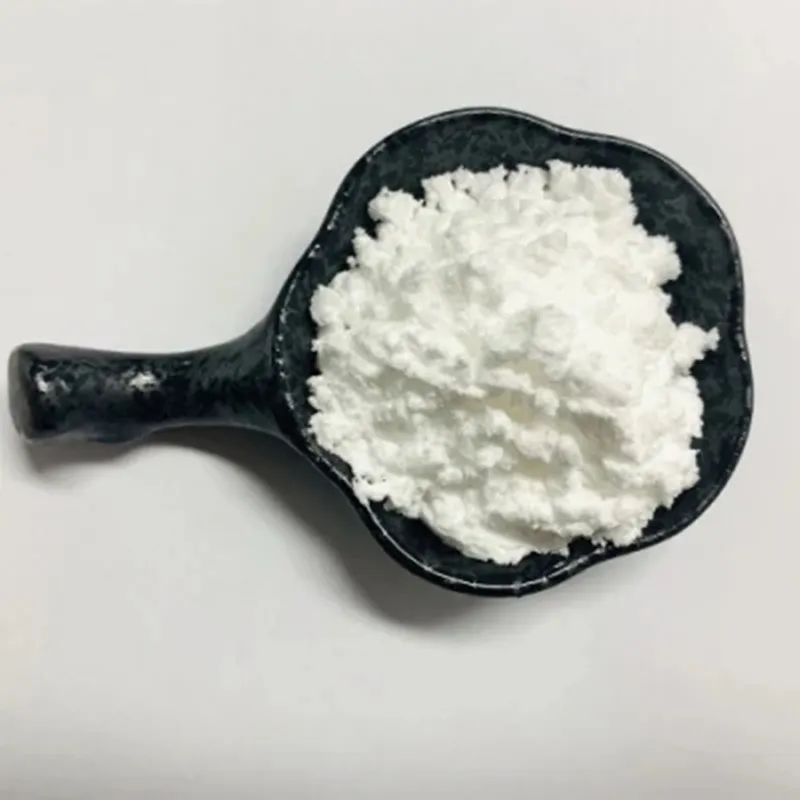Warning: Undefined array key "title" in /home/www/wwwroot/HTML/www.exportstart.com/wp-content/themes/1198/header.php on line 6
Warning: Undefined array key "file" in /home/www/wwwroot/HTML/www.exportstart.com/wp-content/themes/1198/header.php on line 7
Warning: Undefined array key "title" in /home/www/wwwroot/HTML/www.exportstart.com/wp-content/themes/1198/header.php on line 7
Warning: Undefined array key "title" in /home/www/wwwroot/HTML/www.exportstart.com/wp-content/themes/1198/header.php on line 7
- Afrikaans
- Albanian
- Amharic
- Arabic
- Armenian
- Azerbaijani
- Basque
- Belarusian
- Bengali
- Bosnian
- Bulgarian
- Catalan
- Cebuano
- China
- China (Taiwan)
- Corsican
- Croatian
- Czech
- Danish
- Dutch
- English
- Esperanto
- Estonian
- Finnish
- French
- Frisian
- Galician
- Georgian
- German
- Greek
- Gujarati
- Haitian Creole
- hausa
- hawaiian
- Hebrew
- Hindi
- Miao
- Hungarian
- Icelandic
- igbo
- Indonesian
- irish
- Italian
- Japanese
- Javanese
- Kannada
- kazakh
- Khmer
- Rwandese
- Korean
- Kurdish
- Kyrgyz
- Lao
- Latin
- Latvian
- Lithuanian
- Luxembourgish
- Macedonian
- Malgashi
- Malay
- Malayalam
- Maltese
- Maori
- Marathi
- Mongolian
- Myanmar
- Nepali
- Norwegian
- Norwegian
- Occitan
- Pashto
- Persian
- Polish
- Portuguese
- Punjabi
- Romanian
- Russian
- Samoan
- Scottish Gaelic
- Serbian
- Sesotho
- Shona
- Sindhi
- Sinhala
- Slovak
- Slovenian
- Somali
- Spanish
- Sundanese
- Swahili
- Swedish
- Tagalog
- Tajik
- Tamil
- Tatar
- Telugu
- Thai
- Turkish
- Turkmen
- Ukrainian
- Urdu
- Uighur
- Uzbek
- Vietnamese
- Welsh
- Bantu
- Yiddish
- Yoruba
- Zulu
Aug . 14, 2024 19:54 Back to list
The Role of Aspartame in Enhancing Flavor and Sweetness of Protein Powder Supplements
Aspartame in Protein Powder Exploring the Controversy
Aspartame, an artificial sweetener, has become a common ingredient in various food products, including protein powders. With the growing popularity of fitness and health supplements, the inclusion of aspartame in these products has sparked significant debate among health enthusiasts, nutritionists, and consumers. This article delves into what aspartame is, its implications for protein powders, and the ongoing concerns regarding its safety and effectiveness.
What is Aspartame?
Aspartame is a low-calorie sweetener that is approximately 200 times sweeter than sucrose (table sugar). Composed of two amino acids—phenylalanine and aspartic acid—it was first discovered in 1965 and gained approval from the U.S. Food and Drug Administration (FDA) in 1981. Due to its sweetening properties, aspartame has been widely used in beverages, desserts, and now increasingly in protein powders aimed at those who are calorie-conscious or looking to manage their weight without sacrificing flavor.
The Role of Aspartame in Protein Powders
Protein powders are essential for individuals seeking to enhance their muscle mass, improve recovery, and support overall health. They are particularly popular among athletes and those who engage in regular physical activity. Many protein powders come in flavors designed to make them more palatable, and aspartame serves as a sugar substitute to enhance sweetness without adding significant calories.
Incorporating aspartame in protein powders allows manufacturers to create tasty formulations while maintaining a low-calorie count. This aspect appeals to consumers who are vigilant about their caloric intake but still seek enjoyable flavors. As a result, a vast array of protein powders on the market today contain aspartame, allowing these products to compete in the growing health supplement sector.
aspartame in protein powder

Health Concerns and Controversy
Despite its popularity, aspartame has faced scrutiny over potential health risks. Some studies have linked aspartame consumption to a range of health issues, including headaches, allergic reactions, and even more severe conditions such as cancer. While regulatory bodies such as the FDA, European Food Safety Authority (EFSA), and World Health Organization (WHO) have deemed aspartame safe for consumption at established daily intake levels, public perception remains mixed.
The most significant concern arises in individuals with phenylketonuria (PKU), a rare genetic condition where the body cannot metabolize phenylalanine, one of the amino acids in aspartame. For those individuals, aspartame must be avoided entirely, leading to a greater awareness of product labeling and ingredient transparency.
Moreover, the long-term effects of consuming aspartame, particularly in quantities found in protein powders, remain uncertain. The conflicting reports on its safety exacerbate public concern, leading some consumers to seek out natural alternatives such as stevia or monk fruit sweetener.
Making Informed Choices
For fitness enthusiasts and health-conscious individuals, it is vital to make informed decisions regarding the supplements they consume. Reading labels, understanding ingredient lists, and researching the potential effects of additives like aspartame are essential steps in ensuring that one's dietary choices align with personal health goals and safety preferences.
In conclusion, while aspartame offers a sweetening solution that can enhance the taste of protein powders without contributing to caloric intake, the controversy surrounding its safety cannot be overlooked. As science continues to evolve, consumers must remain updated on new research findings and make choices that best suit their health and dietary needs. Balancing enjoyment and health is key to a sustainable fitness journey in an increasingly complex food landscape.
Latest news
-
Certifications for Vegetarian and Xanthan Gum Vegetarian
NewsJun.17,2025
-
Sustainability Trends Reshaping the SLES N70 Market
NewsJun.17,2025
-
Propylene Glycol Use in Vaccines: Balancing Function and Perception
NewsJun.17,2025
-
Petroleum Jelly in Skincare: Balancing Benefits and Backlash
NewsJun.17,2025
-
Energy Price Volatility and Ripple Effect on Caprolactam Markets
NewsJun.17,2025
-
Spectroscopic Techniques for Adipic Acid Molecular Weight
NewsJun.17,2025

